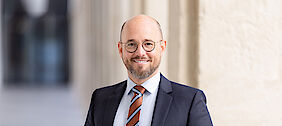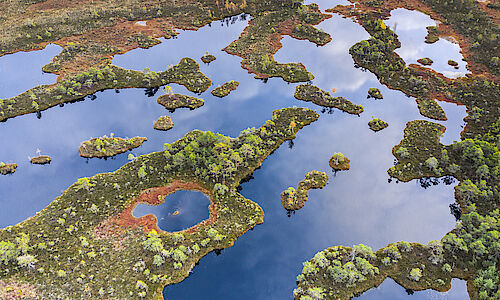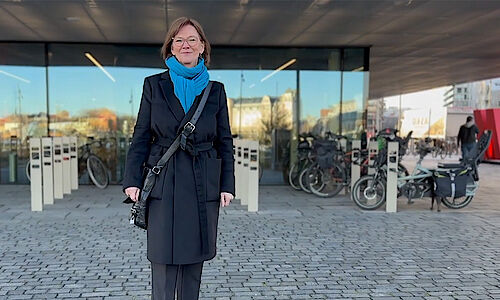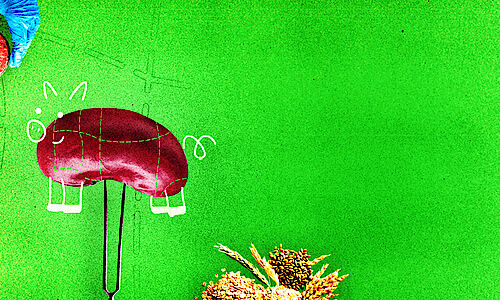News & Academies' activities
New home base and new projects in 2024
Since 1 January 2024, EASAC is hosted by the Austrian Academy of Sciences in Vienna. The new EASAC Secretariat will provide support and stability for EASAC’s work, which is more relevant than ever in these challenging times. EASAC President Professor Wim van Saarloos puts it: “Our network of science academies works hard to counteract the increasing spread of misinformation by show-casing scientific consensus independent of economic and political interests. We are delighted to have gained a strong supporter and partner in the Austrian Academy of Sciences, our new host”.
ÖAW President Heinz Faßmann: “Hosting EASAC is an honour for Austria and for the city of Vienna, as it develops into an international centre for basic research. The Austrian Academy of Sciences will be a committed partner for EASAC's policy advice for the benefit of Europe. I am very much looking forward to the cooperation.”
The EASAC Secretariat will remain at the ÖAW until at least 2026. EASAC’s new Executive Director, Georg Bërveniku-Brunner: “As the independent European voice of science, EASAC brings together the best scientists in Europe to provide science-based advice to policymakers. In times of multiple crises, as we are seeing today, it is more important than ever to ensure this voice is being heard – also by civil society in EU member states. I am much looking forward to working with our 30 member academies for the benefit of Europe”.
EASAC’s Work Programme in 2024
EASAC is currently working on a broad range of important policy issues in its three core programmes “Energy”, “Environment” and “Biosciences and Public Health”:
Meat Alternatives will examine nutritional, health and environmental impacts, and the accompanying technological, regulatory and societal challenges, of recent progress in developing meat alternatives. There will be particular focus on cultured meat, plant-based substitutes, insects for food and feed, and fermentation products.
Artificial Intelligence and Health, ajoint project with the Federation of European Academies of Medicine (FEAM) will use case studies to explore how the added benefits of AI-incorporated health products and services can be evaluated for adoption into healthcare use. It will assess where new guidance or regulation is desirable, considering existing legislation and regulatory frameworks in development.
Security of Sustainable Energy Supplies will address all existing and emerging sources of energy together with their transmission and distribution networks. It will review the reliability of the integrated EU energy system, during its transition to net zero by 2050, and its ability to deliver adequate supplies of sustainable energy affordably over the year. In addition, it will address the security of supplies of raw materials for energy technologies, and key socio-economic issues.
Changing Wildfires – Global Patterns and European Responses will critically assess a range of proactive actions intended to reduce the risk of landscape-scale wildfires in Europe, framed in local and regional contexts. These include fuel management, landscape management including grazing and prescribed burning, fire regime restoration and management. The study will also explore design principles for the planned massive EU tree planting programme to avoid unnecessarily adding substantial flammable fuel in vulnerable landscapes across Europe.
Contact:
Sabine Froning
Communication Adviser
sabine.froning@easac.eu
+49 1520872700
About the European Academies’ Science Advisory Council (EASAC)
EASAC is formed by the national science academies of the EU Member States, Norway, Switzerland and United Kingdom, to collaborate in giving advice to European policymakers. EASAC provides a means for the collective voice of European science to be heard. Through EASAC, the academies work together to provide independent, evidence-based advice to those who make or influence European policies within the European institutions. www.easac.eu
back to overview

































